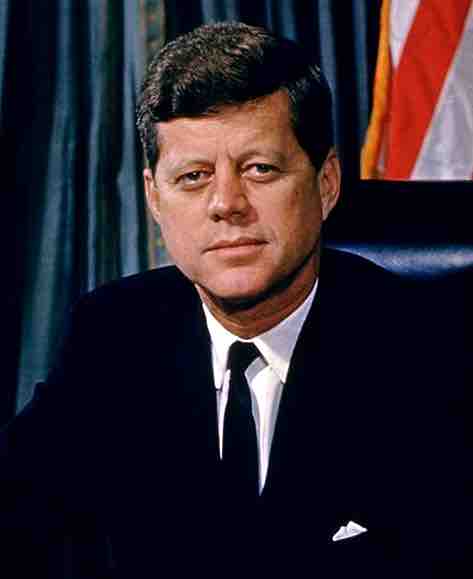The Equal Pay Act
The Equal Pay Act of 1963 is a United States federal law amending the Fair Labor Standards Act, aimed at abolishing wage disparity based on sex. It was signed into law on June 10, 1963 by John F. Kennedy as part of his New Frontier Program.

John F. Kennedy
Former President John F. Kennedy signed the Equal Pay Act into law in 1963.
Reasons for the Act
In passing the bill, Congress denounces sex discrimination for the following reasons:
- It depresses wages and living standards for employees necessary for their health and efficiency.
- It prevents the maximum utilization of the available labor resources.
- It tends to cause labor disputes, thereby burdening, affecting, and obstructing commerce.
- It burdens commerce and the free flow of goods in commerce.
- It constitutes an unfair method of competition.
The law states:
"No employer having employees subject to any provisions of this section shall discriminate, within any establishment in which such employees are employed, between employees on the basis of sex by paying wages to employees in such establishment at a rate less than the rate at which he pays wages to employees of the opposite sex in such establishment for equal work on jobs, the performance of which requires equal skill, effort, and responsibility, and which are performed under similar working conditions, except where such payment is made pursuant to (i) a seniority system; (ii) a merit system; (iii)a system which measures earnings by quantity or quality of production; or (iv) a differential based on any other factor other than sex. "
Results
According to the Bureau of Labor Statistics, women's salaries vis-à-vis men's have risen dramatically since the EPA's enactment, from 62% of men's earnings in 1970 to 80% in 2004. Nonetheless, the EPA's equal pay for equal work goals have not been completely achieved, as demonstrated by the BLS data and Congressional findings within the text of the proposed Paycheck Fairness Act.